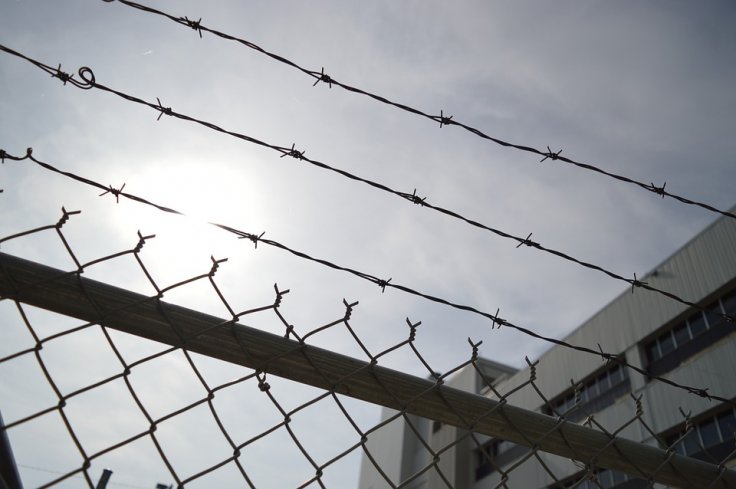
The Ministry of Home Affairs has proposed a new bill which gives rights to the Commissioner of Police to make a "communications stop order" during times of terrorist attacks, rescue operations, and other cases where national security remains at risk.
If the new bill becomes a reality, it will prevent people from taking photos of the incidents or from sending it to others. The new order which will come under the Public Order and Safety (Special Powers) Bill 2018 also bans sending of texts and audio messages about the operation.
Sharing of photos during times of terror attacks is considered as an act which helps terrorists. As photos from the spot during rescue operations or time of attack spreads, perpetrators will get access to some crucial information which may finally endanger the lives of victims and the law enforcement officers in the scene.
The new bill also allows police officers to disable or take down unmanned aircraft and autonomous vehicles from the scene, no matter whether it poses a risk or not. MHA has decided to amend this law, as they believe these vehicles and vessels can be used for surveillance by the terrorists or even as weapons. Currently, police will be able to take action against these vehicles only at times when they pose a considerable threat to the rescue operation.
Defying the new order will be considered a serious offence in Singapore, and those who violate this rule will face a maximum fine of S$20,000 and up to two years in jail or both.
There are various classic examples in the history where perpetrators got help from photos and videos taken from the rescue spot. During the time of 2008 Mumbai attacks, most of the television channels in India streamed the live visuals of commando movements, and it helped the gunmen to anticipate the actions of the security forces.
A similar incident happened in January 2015 during the Paris terror attacks. A terrorist who abducted several people as hostages in the Hyper Cacher deli watched the movement of police live in channels, and he killed four people before the security officers reached out to him.
"Denying the terrorist access to information on police's ongoing tactical operations to neutralize the attack is critical to the success of the operations. In both incidents, there is no doubt that the information available to the terrorists made the police operation more difficult, reduced the chances of a successful operation, and put the safety of the officers and hostages at greater risk," said MHA, Channel News Asia reports.








